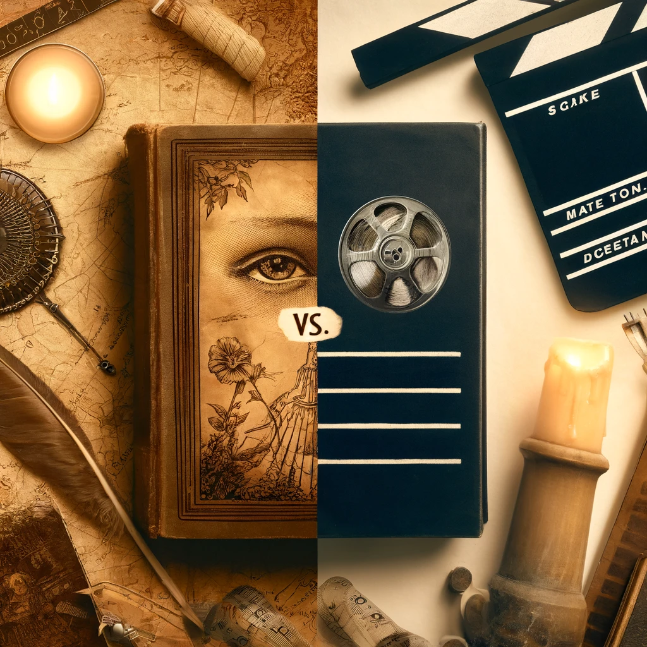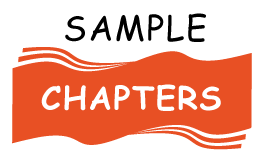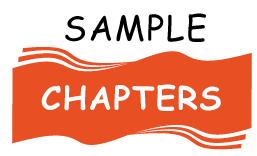Historical Fiction Books and Their Movie Adaptations: Authors vs. Directors - Who Did It Better?

Historical fiction books have long been a favorite among readers, offering a captivating blend of fact and fiction that transports audiences to different eras. These stories often provide a rich tapestry of historical events intertwined with compelling narratives and well-drawn characters. When these beloved books are adapted into films, it sparks a unique comparison: did the author’s original vision surpass the director’s cinematic interpretation, or vice versa? This article delves into some notable historical fiction books and their movie adaptations, examining which medium—book or film—left a more lasting impression.
The Allure of Historical Fiction
Historical fiction captivates readers by bringing history to life through engaging storytelling. Authors meticulously research historical events, settings, and figures to craft narratives that are both educational and entertaining. The genre appeals to a wide audience, from history buffs to casual readers seeking an escape into the past.
The Challenge of Adaptation
Adapting a historical fiction book into a movie is a daunting task. Filmmakers must condense often complex and lengthy narratives into a limited runtime while preserving the essence of the story. They face the challenge of staying true to the source material while making necessary adjustments for cinematic storytelling. This process often leads to debates among fans and critics about the faithfulness and quality of the adaptation.
Notable Historical Fiction Books and Their Adaptations
1. Gone with the Wind by Margaret Mitchell
- The Book: Margaret Mitchell’s Gone with the Wind is a classic of American literature, set against the backdrop of the American Civil War and Reconstruction era. It tells the story of Scarlett O’Hara, a strong-willed Southern belle, and her turbulent relationships.
- The Film: Directed by Victor Fleming and released in 1939, the film adaptation became a monumental success. Starring Vivien Leigh and Clark Gable, it won ten Academy Awards and remains a cinematic masterpiece.
- Who Did It Better?: Both the book and the film are iconic in their own right. The book provides a deeper exploration of characters and historical context, while the film’s visual grandeur and performances have immortalized the story on screen.
2. Schindler’s List by Thomas Keneally
- The Book: Thomas Keneally’s Schindler’s List (originally titled Schindler’s Ark) is a powerful narrative based on the true story of Oskar Schindler, who saved over a thousand Jews during the Holocaust.
- The Film: Steven Spielberg’s 1993 adaptation is a harrowing and poignant portrayal of Schindler’s efforts. The film received critical acclaim, winning seven Academy Awards, including Best Picture and Best Director.
- Who Did It Better?: Spielberg’s adaptation is widely regarded as one of the greatest films ever made. While Keneally’s book is an important literary work, the film’s emotional impact and historical significance have left an indelible mark on audiences.
3. The Book Thief by Markus Zusak
- The Book: Markus Zusak’s The Book Thief is set in Nazi Germany and narrated by Death. It follows a young girl named Liesel who finds solace in stealing books and sharing them with others during the war.
- The Film: The 2013 film adaptation, directed by Brian Percival, captures the essence of Zusak’s novel but faced mixed reviews. Starring Sophie Nélisse, Geoffrey Rush, and Emily Watson, it was praised for its performances but critiqued for lacking the novel’s depth.
- Who Did It Better?: The book’s unique narrative style and emotional depth provide a more profound experience than the film. While the movie is a commendable adaptation, it doesn’t quite capture the novel’s full magic.
4. Outlander by Diana Gabaldon
- The Book: Diana Gabaldon’s Outlander series combines historical fiction with romance and science fiction. The first book follows Claire Randall, a WWII nurse who time-travels to 18th-century Scotland.
- The Series: The television adaptation, produced by Ronald D. Moore, has been widely successful, praised for its faithfulness to the source material and strong performances by Caitriona Balfe and Sam Heughan.
- Who Did It Better?: Both the books and the TV series have garnered passionate fan bases. The series has effectively brought Gabaldon’s richly detailed world to life, complementing the books rather than competing with them.
5. The Pillars of the Earth by Ken Follett
- The Book: Ken Follett’s The Pillars of the Earth is a historical epic set in 12th-century England, focusing on the construction of a cathedral in the fictional town of Kingsbridge.
- The Miniseries: The 2010 miniseries adaptation, produced by Ridley and Tony Scott, features a star-studded cast including Ian McShane, Rufus Sewell, and Eddie Redmayne. It was well-received for its faithful adaptation and high production values.
- Who Did It Better?: The book’s detailed narrative and historical intricacies are hard to match, but the miniseries does an admirable job of condensing the story without losing its essence. Both mediums excel in different aspects.
The Verdict: Authors vs. Directors
Deciding whether an author or a director did better is a subjective matter. Both mediums have their strengths: books offer in-depth exploration of characters and themes, while films provide a visual and emotional experience. Some adaptations enhance the original material, while others fall short of capturing the book’s magic. Ultimately, the best adaptations are those that respect the source material while offering a fresh perspective, allowing both the book and the film to stand as significant works in their own right.
Conclusion
Historical fiction books and their movie adaptations provide a fascinating area of study for fans of literature and film alike. Whether one prefers the intricate details of the written word or the visual spectacle of cinema, both forms offer valuable insights into the past. By comparing the achievements of authors and directors, we gain a deeper appreciation for the art of storytelling across different mediums.



